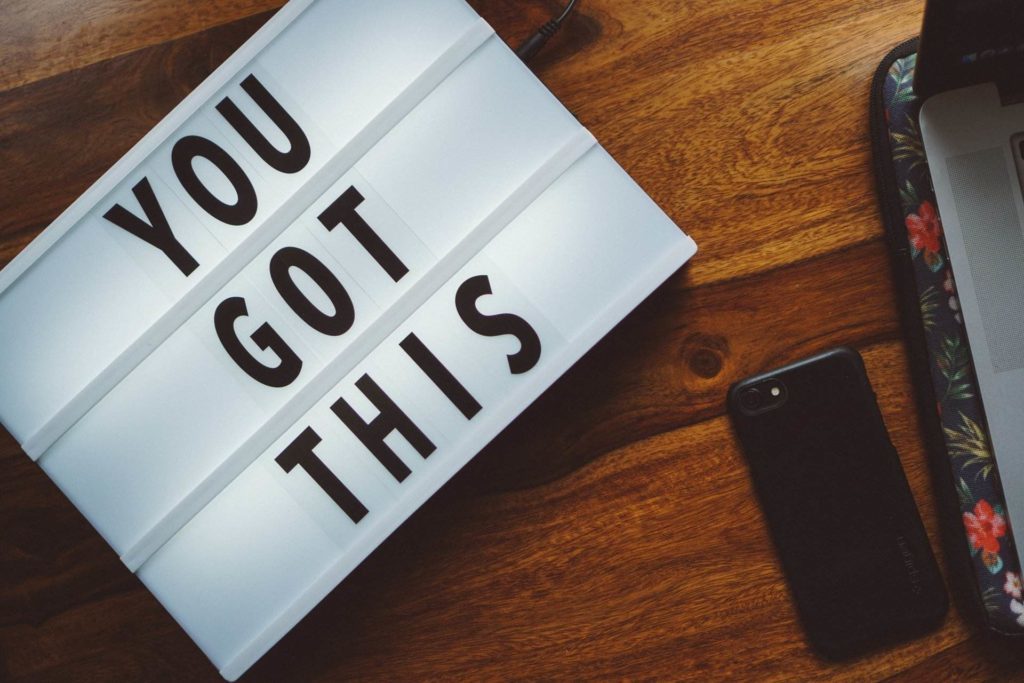Do you identify as a people-pleaser? Do you struggle with not wanting to disappoint anybody? Do you have lots of things that you want to do, but don’t have enough time because you just can’t stop saying yes?
The simple answer to these problems is to say no more, but it’s not that simple is it? Saying yes is human nature, especially for people who don’t want to seem confrontational which, according to Psych Central, this pressure is applied to women far more than men.
Learning to say no can help you build healthier relationships, and it helps you prioritise your time better so that you are able to focus on what is most important to you.
Here are some ways to find out how to achieve this…
Change Your Language
Shifting your language when saying no is the first step to being more effective in communicating your wants and needs. A study by Professors Vanessa M. Patrick and Henrik Hagtvedt in the Journal of Consumer Research saw that saying “I don’t” instead of “I can’t” is a more successful way of saying no. The investigation argued that “I can’t” implies your excuse is up for debate, whereas saying “I don’t” puts an end to the conversation and allowed the study’s participants to remove themselves from commitments they did not want.
By being assertive and saying no with conviction, you are setting clear boundaries, which means you are preserving more time and energy to care for what is most important to you. The study recommends starting the habit of saying no by beginning with low stakes, for example, turning down strangers trying to sell you something. Practice saying no and have phrases at the ready as backups for harder situations, such as when you need to say no to something related to work or your personal life.
Remember, when you are saying no you should be direct. This means not piling on excuses. Doing this suggests that if the circumstances were different you would say yes, and so they’ll think to ask you again in the future. Don’t say “I’ll think about it” or “maybe” if you know from the start that you don’t want to do something, as this will only drag out the process, and end up wasting everybody’s time. You can say no politely and clearly. Try giving a compliment first, like saying “thank you for thinking of me, but I don’t…”, this way people will know that you are appreciative that they came to you but you don’t think you are the best fit for their needs. There is no need to lie or apologise, saying no is healthy and there is no reason to feel like a bad person.
Change Your Perspective
A big reason lots of people say yes when they want to say no is because we don’t want to miss out on anything. We live in a yes culture, so we think that saying yes to every opportunity that comes our way will be rewarding. Maybe you don’t want to turn down a professional opportunity or a fun event with your friends, but you need to figure out what you actually want before you RSVP to every invite that comes your way and exhaust yourself.
What motivates you? Where do you want to be in your career and personal life? If you assess these things as well as how much time you have and how you want to use it, you can learn what you want to say yes to so you better utilise your time. Acknowledge that you can’t do everything, and be selective in what will be the best use of your time and energy. Don’t compromise your integrity, what you say yes to should reflect your goals and values.
Another reason we find ourselves reluctantly saying yes is not wanting to seem threatening and the fear of rejection, as we worry that our assertiveness will be read as aggression. A social psychology study from Columbia University explored how our perceptions of our own directness are commonly unreliable. While we might be agonising over how rude we were saying no, it’s pretty likely the other party is thinking nothing of it at all. You can’t please everyone, and people will be ok if you say no to something, it does not make you a bad co-worker, friend, or relative. Remember, saying yes sparingly gives you more time and energy to devote to your loved ones who you enjoy helping, so saying no isn’t a selfish act.

Saying no is a skill that takes time to build, the switch can’t be flipped overnight. But working towards communicating your boundaries better will help you feel empowered and in control of your own life.
Want to learn how to make the most of your time? Download your free e-Book guide here!


![How to get shit done as a busy boss [free download]](https://yourva.co.nz/wp-content/uploads/2019/05/4.png)


